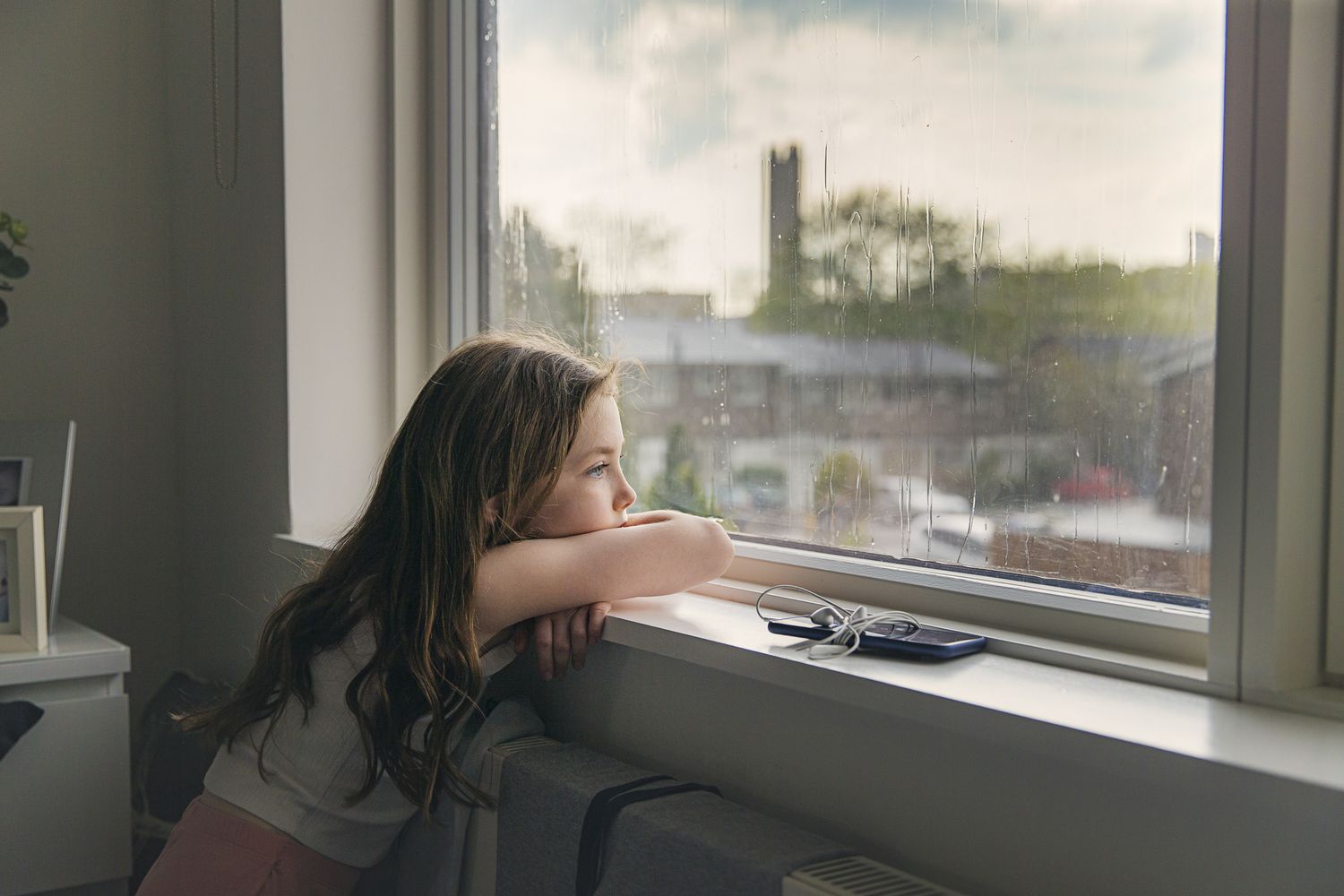As the winter season sets in, it’s common for adults to experience feelings of sadness and tiredness, which are symptoms of a mood disorder called Seasonal Affective Disorder (SAD). However, it may come as a surprise that this condition can also affect children. In this article, we will delve into the topic of seasonal depression in kids, exploring its causes and how it manifests in children.
Understanding Seasonal Depression in Children
According to MIDSS’s expert, seasonal depression in kids is a type of depression that occurs during the winter months, when the days are shorter and there’s less natural light Seasonal depression in kids is a type of depression that occurs during the winter months, when the days are shorter and there’s less natural light. While the symptoms can be similar to those of adult SAD, they may be more pronounced in children, and can lead to behavioural and emotional changes that can impact their daily life.
Why Do Kids Get Seasonal Depression?
There are several factors that can contribute to seasonal depression in kids, including:
Reduced exposure to natural light
One of the key causes of seasonal depression in kids is a reduction in natural light. The human body has an internal biological clock known as the circadian rhythm, which is regulated by exposure to light. When the days are shorter and darker during the winter, it can throw off these rhythms and result in feelings of sadness and fatigue in kids.
Lack of physical activity
During the winter months, children tend to be less active, leading to a sedentary lifestyle. This can exacerbate feelings of sadness and fatigue, as physical activity is known to boost mood and energy levels.
Stress
The holiday season can be a stressful time for families, with an increased workload, social obligations, and expectations. Children are not immune to these stressors, and the added pressure can contribute to feelings of sadness and depression.
Hormonal changes
Research has shown that seasonal depression can be linked to changes in hormone levels. Hormones play a crucial role in regulating many bodily functions, including mood, sleep patterns, and energy levels. When hormone levels fluctuate, it can have a significant impact on children’s mental and physical wellbeing.
For example, changes in the levels of serotonin, a neurotransmitter that regulates mood, and melatonin, a hormone responsible for regulating sleep, can lead to feelings of sadness, fatigue, and sleep disturbances. This, in turn, can contribute to symptoms of seasonal depression in children.
Common Signs & Symptoms of Seasonal Affective Disorder
If your child is experiencing seasonal depression, they may display the following symptoms:
- Irritability or grumpiness
- Tiredness or fatigue
- Loss of interest in activities they usually enjoy
- Difficulty sleeping
- Changes in appetite (often overeating)
- Thoughts of hopelessness or sadness
- Physical symptoms such as headaches or stomach aches
Diagnosis: Getting the Right Help
If you suspect your child may be experiencing seasonal depression, it’s important to seek professional help. A doctor or mental health professional can help diagnose the condition and develop a treatment plan.
Treatment of Seasonal Depression
There are several things you can do to help your child if they’re experiencing seasonal depression:
- Encourage them to get outside and get some natural light each day. Even if it’s cloudy or overcast, being outside can help improve their mood and regulate their circadian rhythms.
- Physical activity has been proven to be an effective remedy for depression, and it can help uplift your child’s mood and boost their energy levels. Encouraging your child to be active, whether it’s through sports, outdoor activities, or indoor games, can play a significant role in alleviating symptoms of seasonal depression.
- Help them manage their stress. This may involve setting aside quiet time each day, engaging in stress-relieving activities, or talking with a mental health professional.
- Provide a healthy, balanced diet. Eating well-balanced meals can help improve energy levels and reduce feelings of sadness.
- Be supportive and understanding. It’s important to be there for your child and provide emotional support.
Seasonal depression in kids is a real and treatable condition that can impact children’s lives during the winter months. By understanding its causes, symptoms, and treatment options, you can help your child manage this condition and improve their overall well-being. For parents residing in Liverpool, don’t fret! There are numerous resources available for child care in Liverpool, including mental health experts who are experts in tackling seasonal depression in children.





Be First to Comment